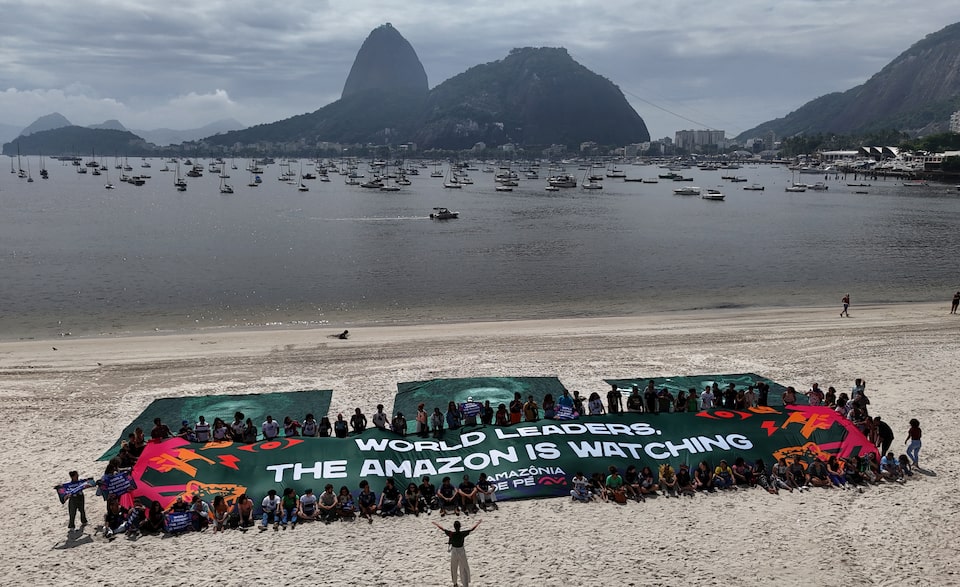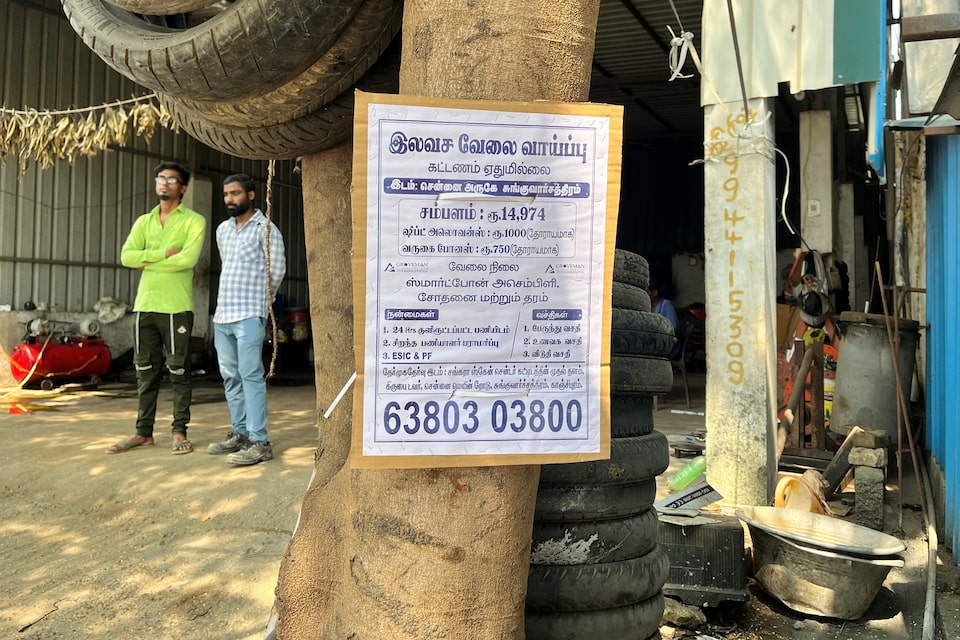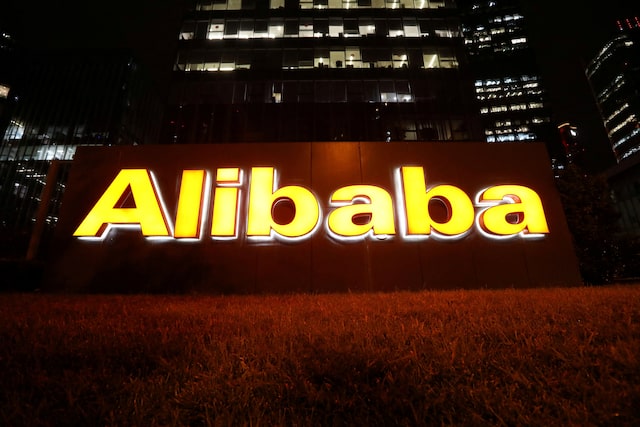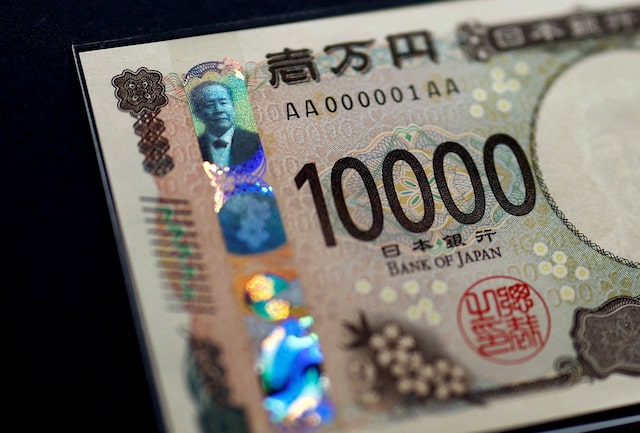Praia de Botafogo beach, Rio de Janeiro, November 17, 2024. REUTERS
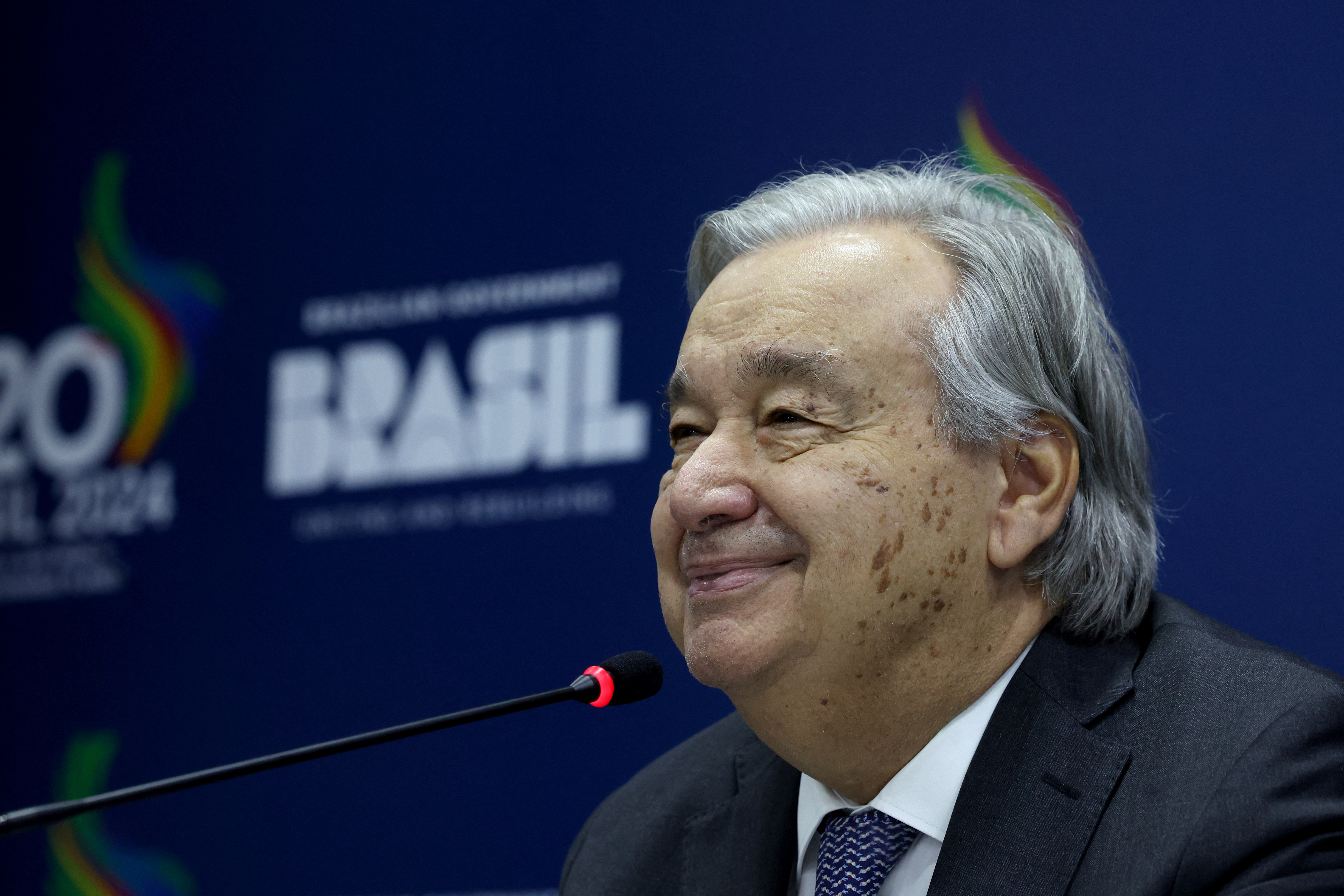
U.N. General Secretary Antonio Guterres speaks during a press conference, ahead of the G20 Summit in Rio de Janeiro, Brazil November 17, 2024. REUTERS
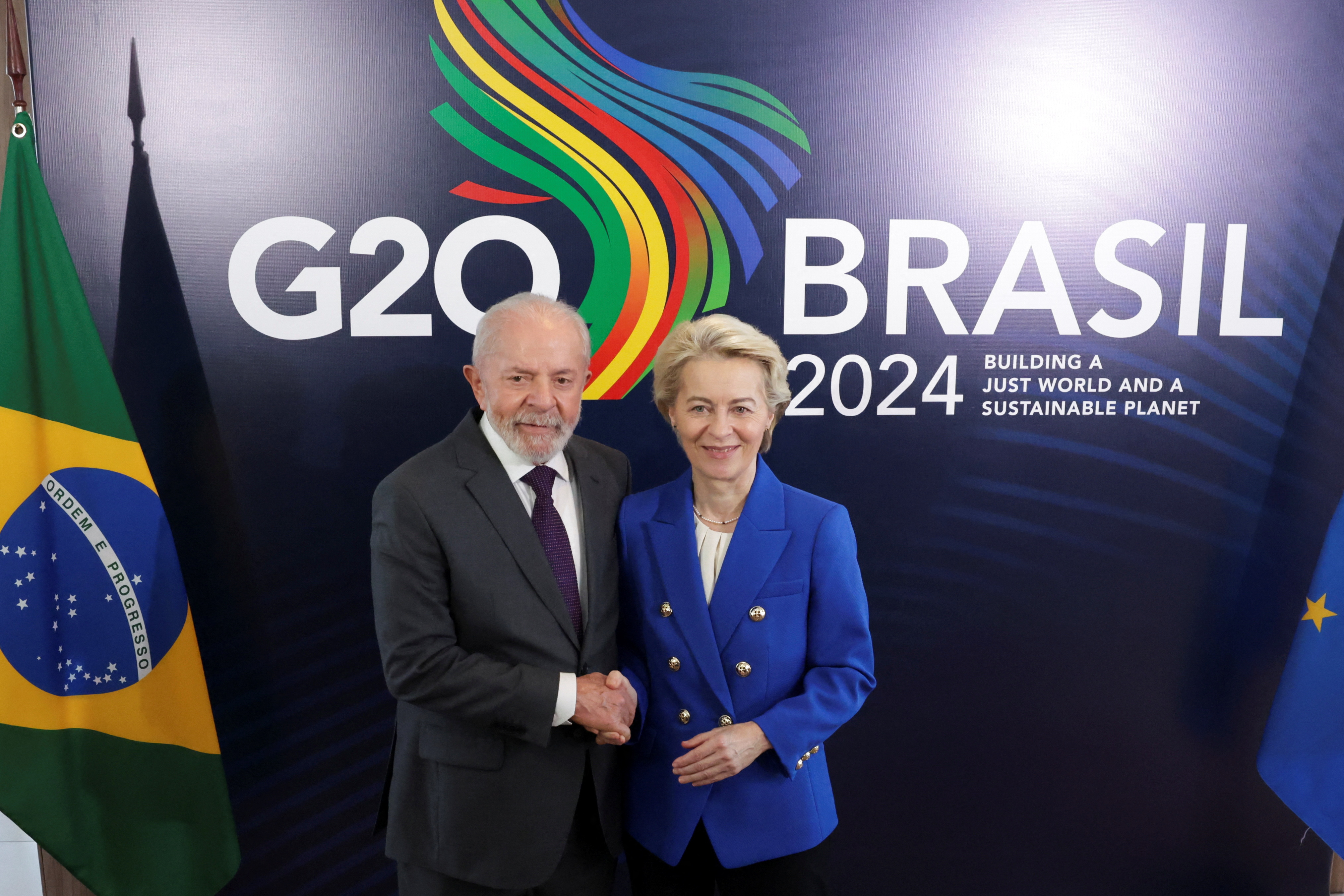
Brazil’s President Luiz Inacio Lula da Silva shakes hands with European Commission President Ursula von der Leyen, ahead of the G20 summit, in Rio de Janeiro, Brazil, November 17, 2024. REUTERS
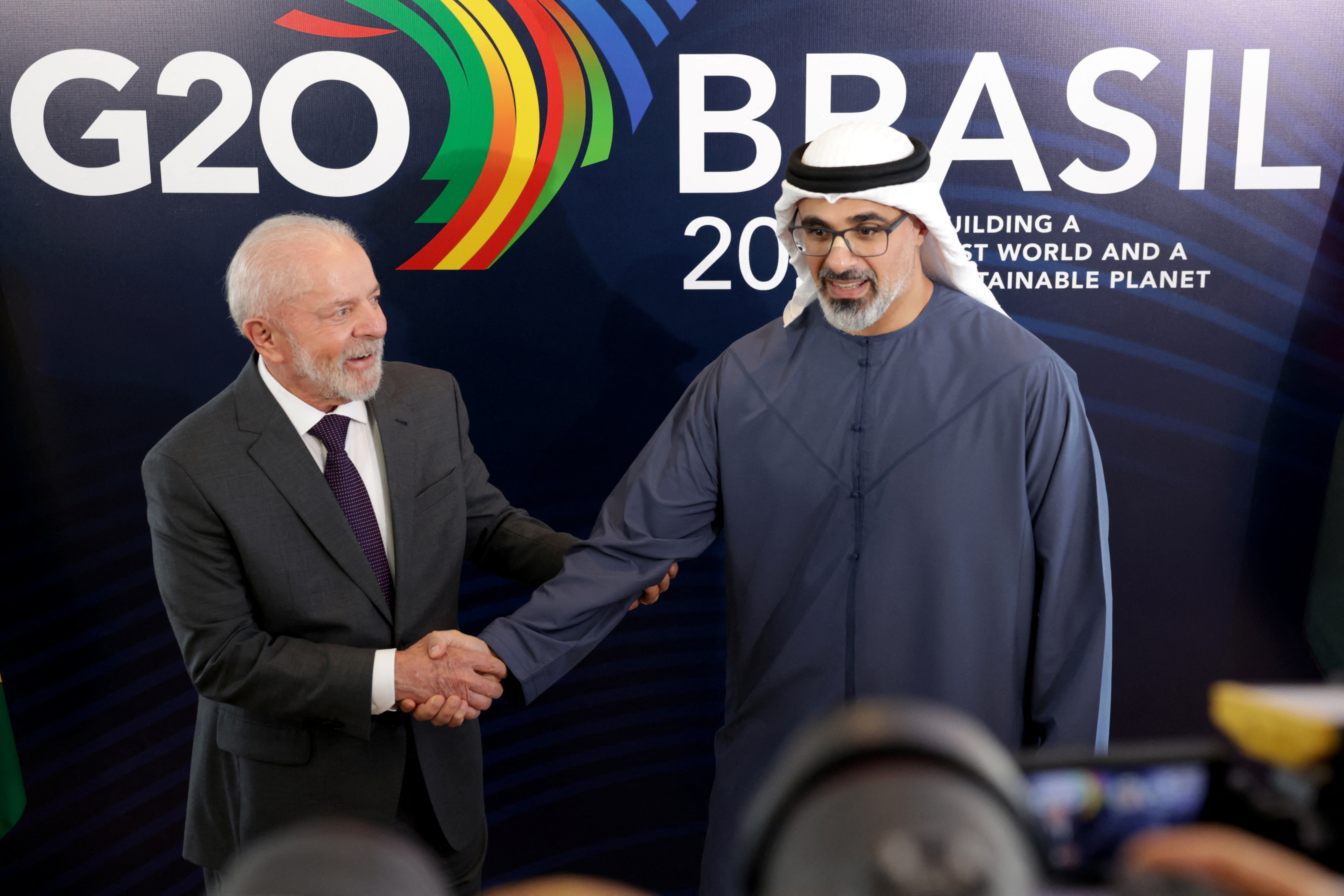
Brazil’s President Luiz Inacio Lula da Silva meets with President of the United Arab Emirates Sheikh Mohamed bin Zayed Al Nahyan, ahead of the G20 summit, in Rio de Janeiro, Brazil, November 17, 2024. REUTERS
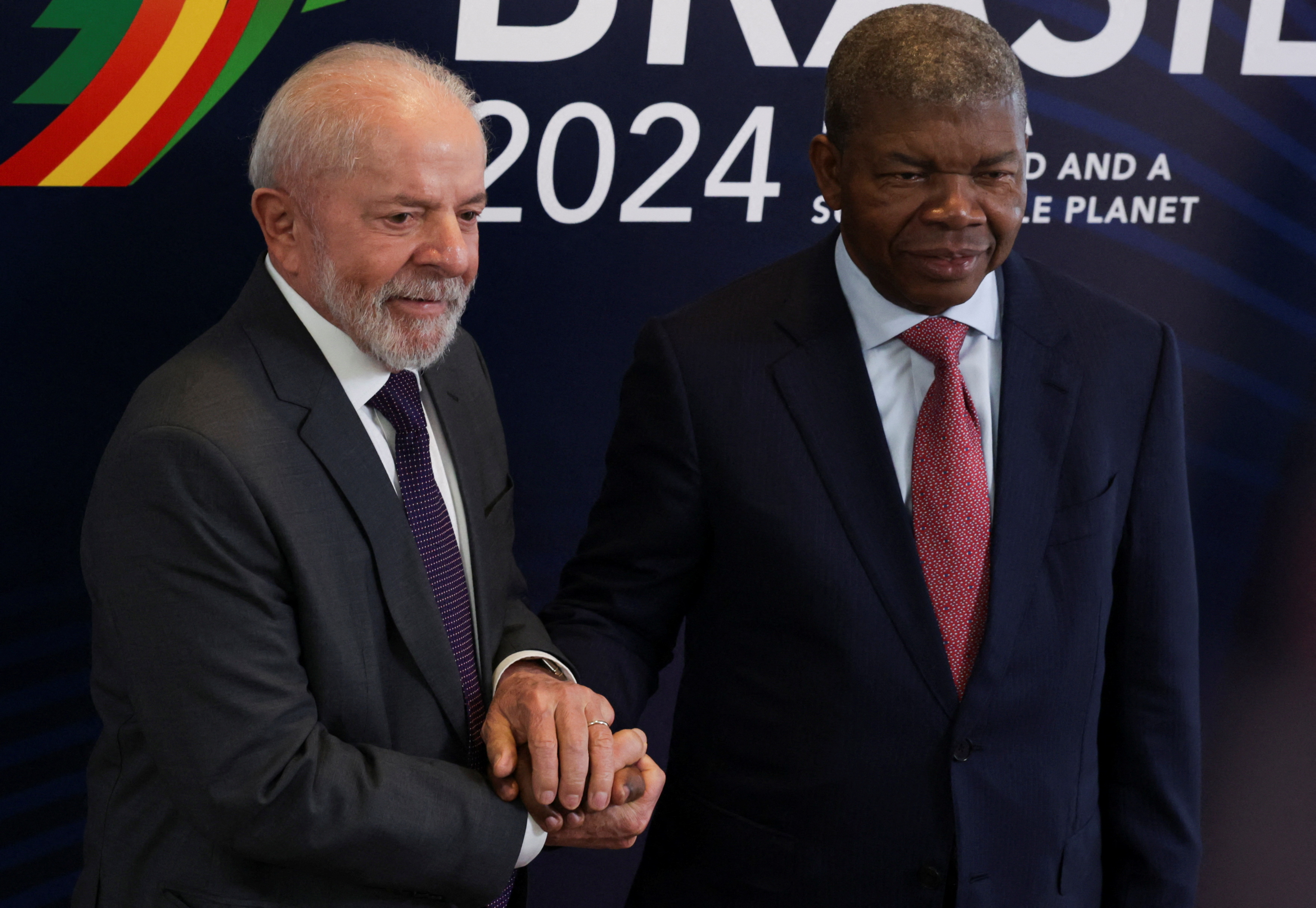
Brazil’s President Lula Inacio Lula da Silva shakes hands with Angola’s President Joao Manuel Goncalves Lourenco, ahead of the G20 summit, in Rio de Janeiro, Brazil, November 17, 2024. REUTERS
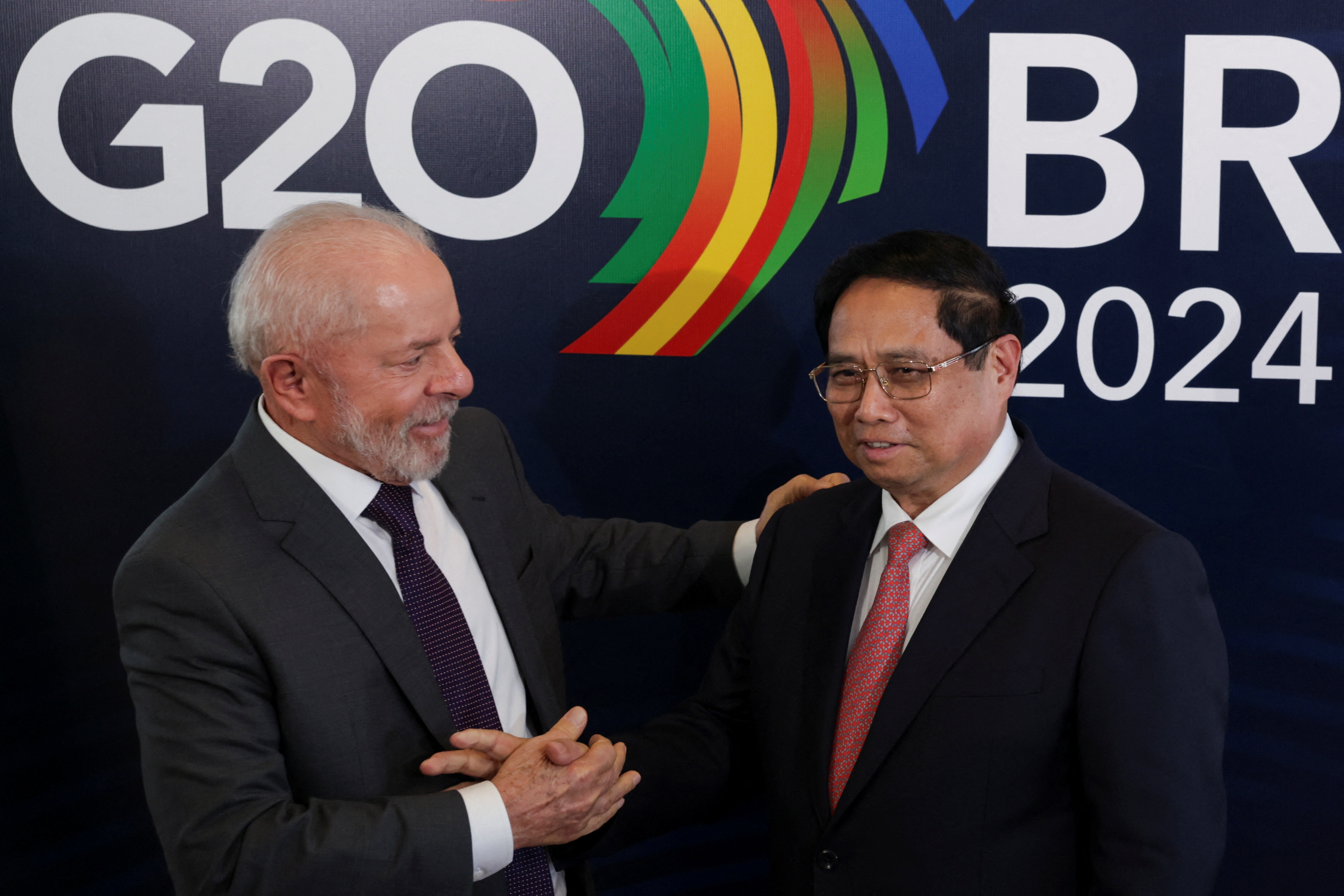
Brazil’s President Lula Inacio Lula da Silva shakes hands with Vietnamese Prime Minister Pham Minh Chinh, ahead of the G20 summit, in Rio de Janeiro, Brazil, November 17, 2024. REUTERS
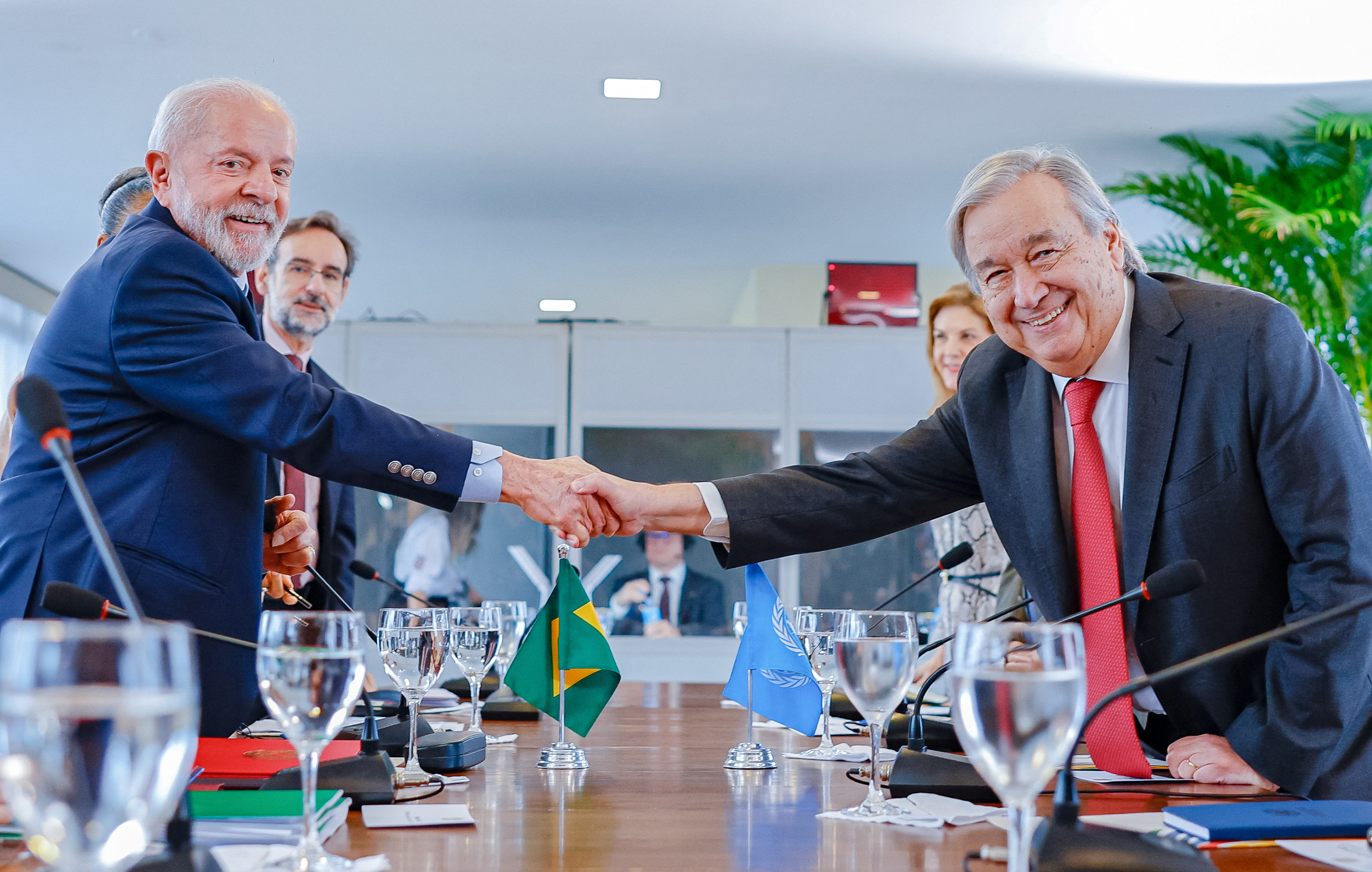
Brazil’s President Luiz Inacio Lula da Silva greets U.N. General-Secretary Antonio Guterres ahead of the G20 summit, in Rio de Janeiro, Brazil November 16, 2024. Ricardo Stuckert/Brazilian Presidency/Handout via REUTERS

Indigenous leader Txai Surui do povo Paiter Surui, Praia de Botafogo, Rio de Janeiro, November 17, 2024. REUTERS
Summary
- U.N. officials urge G20 leaders to break COP29 stalemate
- Wealthy nations asking more countries to foot climate bill
- Climate accord may only get trickier with return of Trump
RIO DE JANEIRO, Nov 17 (Reuters) – Diplomatic tensions over global warming spilled over into the G20 summit negotiations in Brazil this week, with sources saying the 20 major economies reached a fragile consensus on climate finance that had eluded U.N. talks in Azerbaijan.
Heads of state arrived in Rio de Janeiro on Sunday for the G20 summit and will spend Monday and Tuesday addressing issues from poverty and hunger to the reform of global institutions. The talks must now also grapple with how to address escalating violence in Ukraine after a deadly Russian airstrike on Sunday.
Still, the ongoing U.N. climate talks have thrown a spotlight on their efforts to tackle global warming.
While the COP29 summit in Baku, Azerbaijan, is tasked with agreeing with a goal to mobilize hundreds of billions of dollars for climate, leaders of the Group of 20 major economies half a world away in Rio are holding the purse strings.
G20 countries account for 85% of the world’s economy and are the largest contributors to multilateral development banks helping to steer climate finance.
“The spotlight is naturally on the G20. They account for 80 percent of global emissions,” U.N. Secretary-General Antonio Guterres told reporters in Rio de Janeiro. He expressed concern about the state of the COP29 talks in Baku and called on G20 leaders to do more to fight climate change.
“Now is the time for leadership by example from the world’s largest economies and emitters,” Guterres said.
U.N. climate chief Simon Stiell wrote a letter to G20 leaders on Saturday imploring them to act on climate finance, including boosting grants for developing nations and advancing reforms of multilateral development banks.
However, the same fights that have plagued COP29 since it began last week became central to G20 negotiations, according to diplomats close to the Rio talks.
COP29 must set a new goal for how much financing should be directed from developed countries, multilateral banks, and the private sector to developing nations. Economists told the summit it should be at least $1 trillion.
Wealthy countries, especially in Europe, have been saying that an ambitious goal can only be agreed if they expand the base of contributors to include some of the richer developing nations, such as China and major Middle Eastern oil producers.
On Saturday, discussions of a G20 joint statement in Rio snagged on the same issue, with European nations pushing for more countries to contribute and developing countries such as Brazil pushing back, diplomats close to the talks told Reuters.
But two diplomats said that early Sunday morning, negotiators agreed to a text mentioning developing nations’ voluntary contributions to climate finance, stopping short of calling them obligations.
The breakthrough remains overshadowed by the return to power of U.S. President-elect Donald Trump, who is reportedly preparing to withdraw the United States from the Paris climate agreement again. His election casts into doubt how much money the world can muster to address climate change, possibly without the support of the world’s largest economy.
Trump is planning to roll back landmark climate legislation passed by outgoing President Joe Biden, who visited the Amazon rainforest when he made a stop there on Sunday on his way to Rio.
The success of not only COP29 but also the next U.N. climate summit, COP30 hosted in Brazil next year, hinges on an ambitious deal on climate finance.
A centerpiece of Brazil’s COP30 strategy is “Mission 1.5,” a drive to keep alive the Paris Agreement target of limiting global warming to 1.5 degrees Celsius. The U.N. estimates that current national targets would cause temperatures to rise by at least 2.6 degrees C.
Developing countries argue they can only raise their emissions reduction targets if rich nations, the main culprits in climate change, foot the bill.
“It is technically possible to meet the goal of 1.5 degrees Celsius, but only if a G20-led, massive mobilization to cut all greenhouse gas emissions … is achieved,” said Bahamas Prime Minister Philip Davis at COP29 last week.
Reporting by Jake Spring and Lisandra Paraguassu in Rio de Janeiro; Additional reporting by William James, Nailia Bagirova and Olesya Astakhova in Baku; Editing by Brad Haynes and Diane Craft








